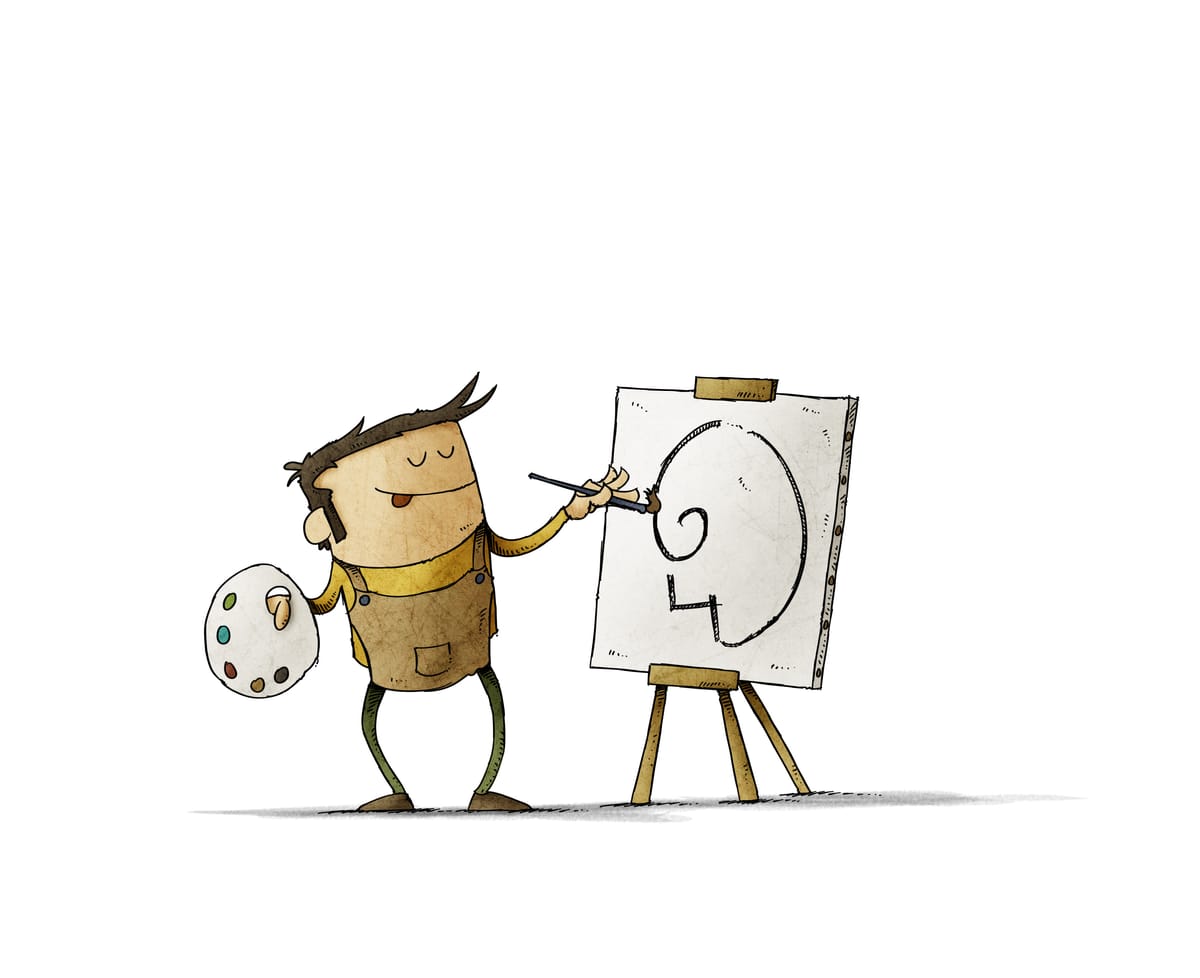The Boldness of Believing The Best of Intentions

You and I each have unique sets of experience and knowledge, which make some decisions seem natural or easy. When others make a decision that seems contrary to what we would do, it's easy to think “That's crazy! Why would they do something that doesn't make sense?”
Sometimes it seems that my wife and I don't speak the same language.
I'll say one thing, she'll say another, and it's easy to think no one listens at all.
In Dr. Emerson Eggerichs's book Love & Respect, he talks about a life-changing decision he and his wife made in their marriage early on. They chose to believe each other always had the best of intentions.
This proved revolutionary in their marriage.
My wife and I have made the same choice, and the results have been extraordinary.
We still get hurt. We still get confused. And we still get frustrated—but everything feels right when we remember to pause and think,
This person means well. They truly have good intentions in mind.
Once this phrase has been thought, felt, or said the conversation shifts. The conflict becomes us versus the issue—rather than us against each other.
What does this change?
“Once you believe intentions are pure, the issue is no longer with a person—or their heart.”
The issue becomes one of three things:
- Communication. Sometimes thoughts get lost in translation. Identify the gap or missed link, and you'll be on the road to better understanding each other.
- Execution. Even with the best of intentions, people are broken. They often fail to follow through. Acknowledge this, accept it, and you'll find it much easier to move on.
- Interpretation. Sometimes your perception is off, and you interpret through a lens of unspoken expectations and concerns. Accept that—be open to the possibility—and you'll find yourself quick to forgive.
Acknowledging the issue as one of these three shifts the focus of conflict to something rather than someone.
This same principle holds true whether you're dealing with a relative, coworker, or friend.
“Assume the best of intentions and you'll live a happier, more forgiving life.”
When someone does something that you wouldn't do, it's natural to think they must be crazy, mean-spirited, or wrong. Challenge that belief, and you'll be surprised at new perspectives you can learn.
Can you name one time that your intentions were misunderstood?
